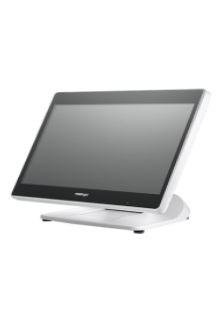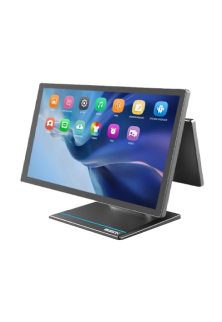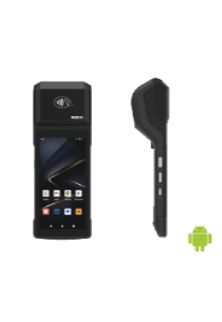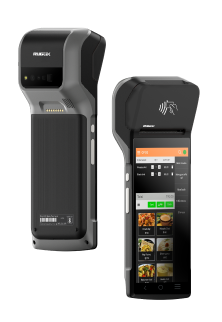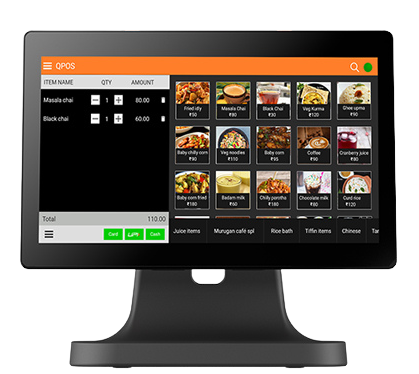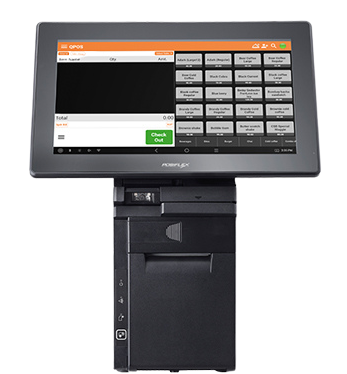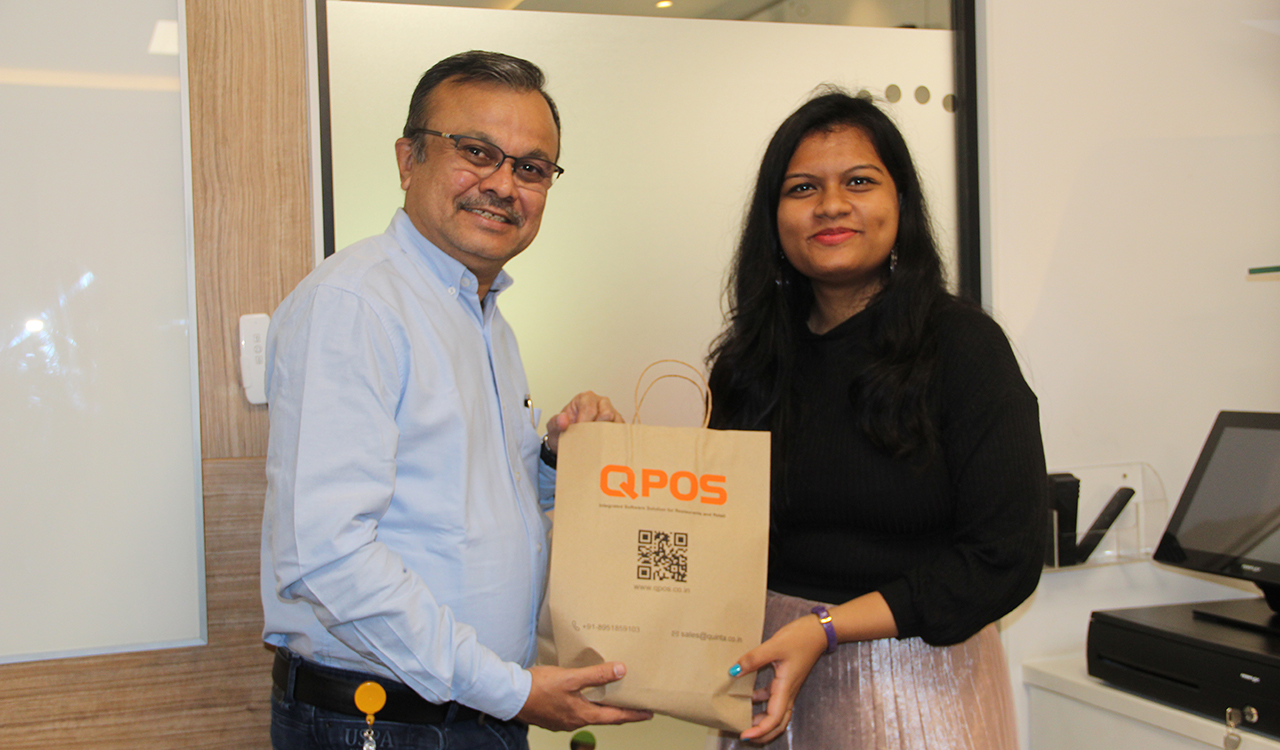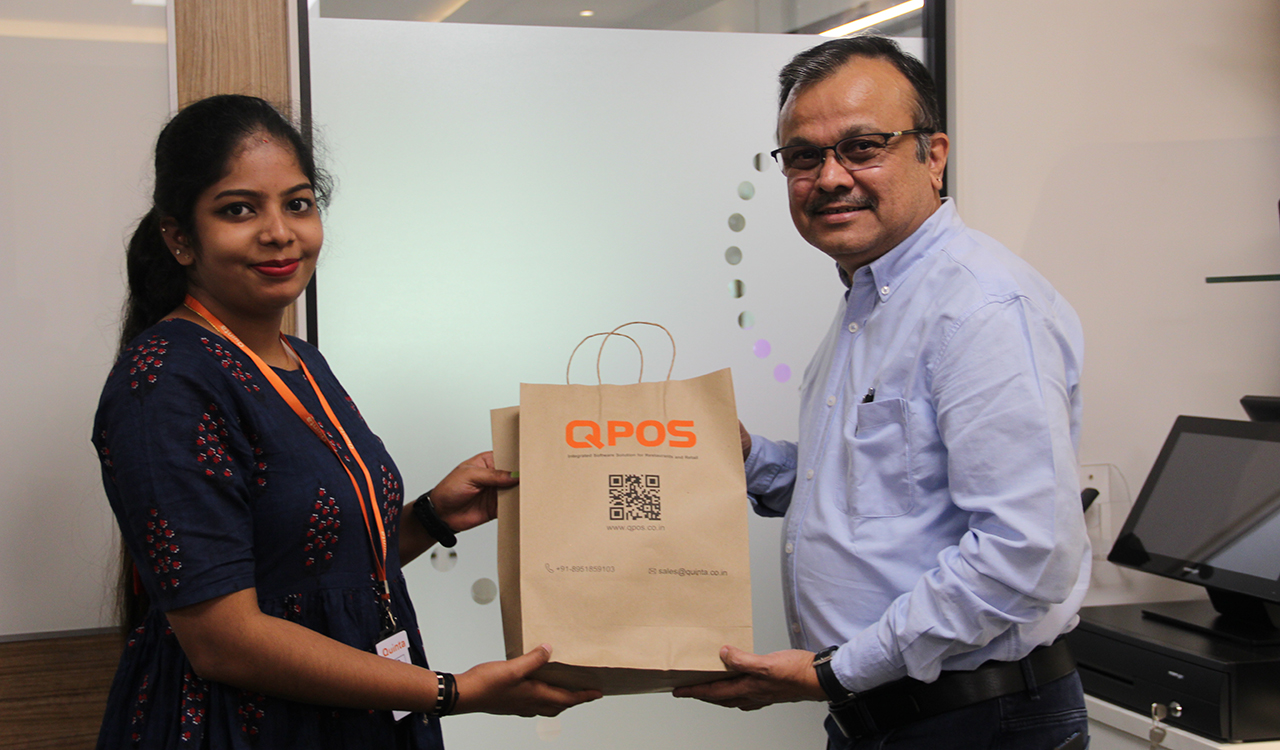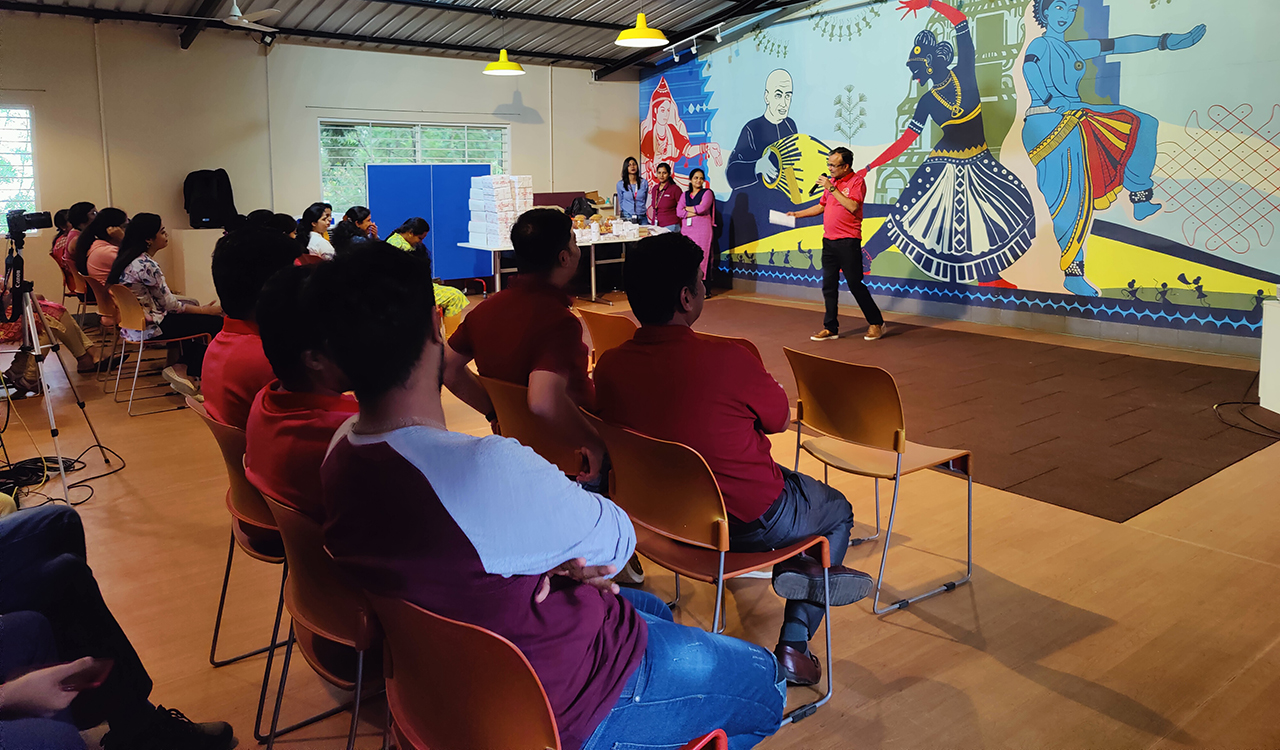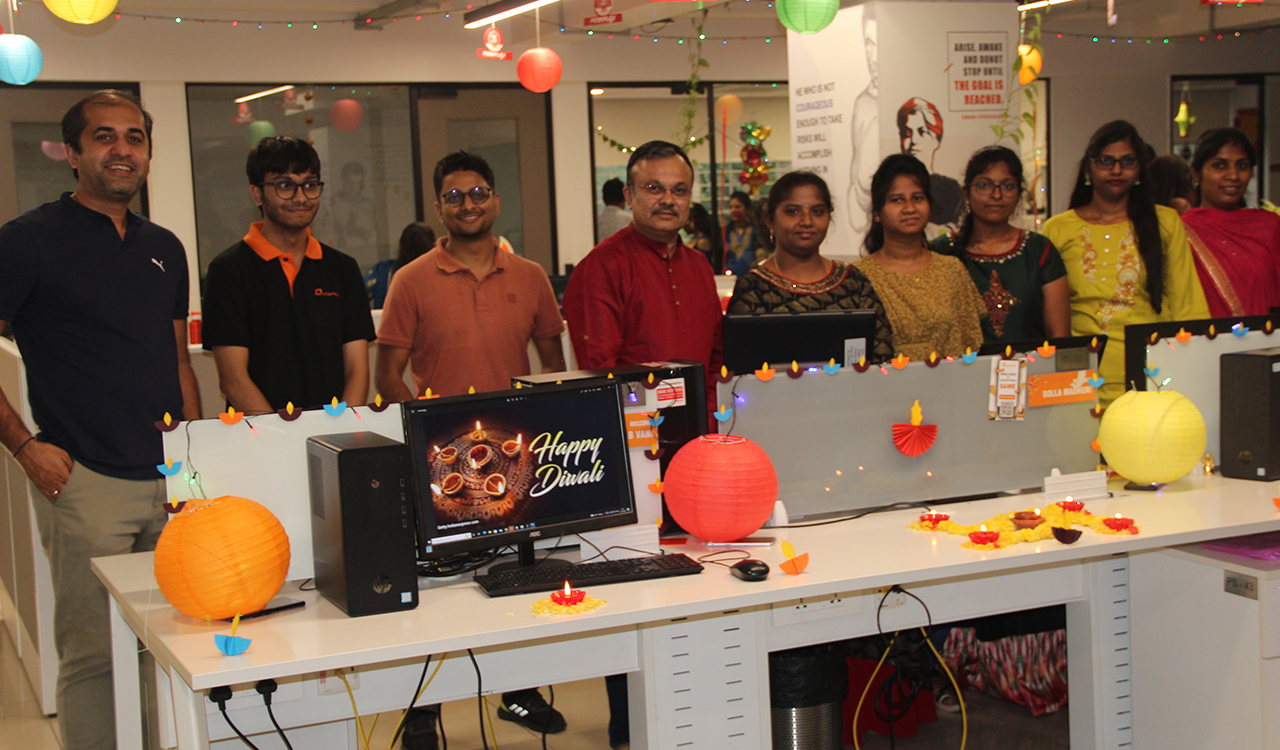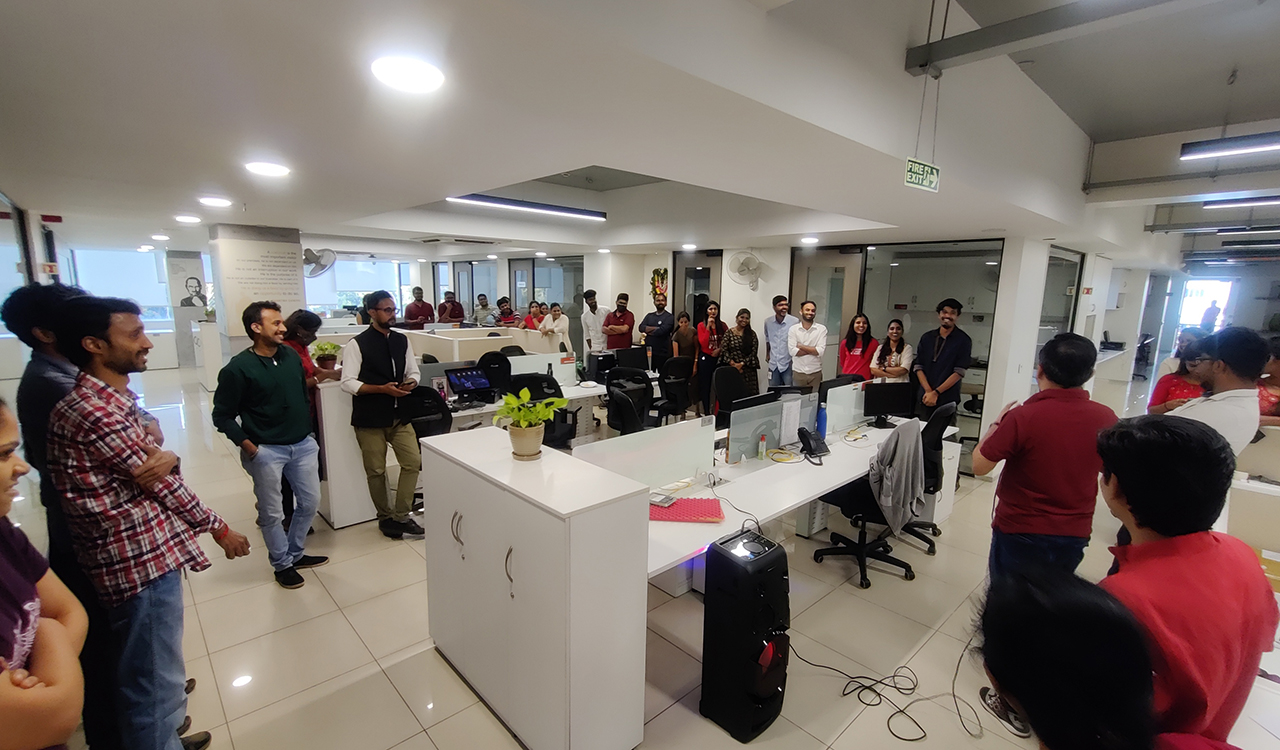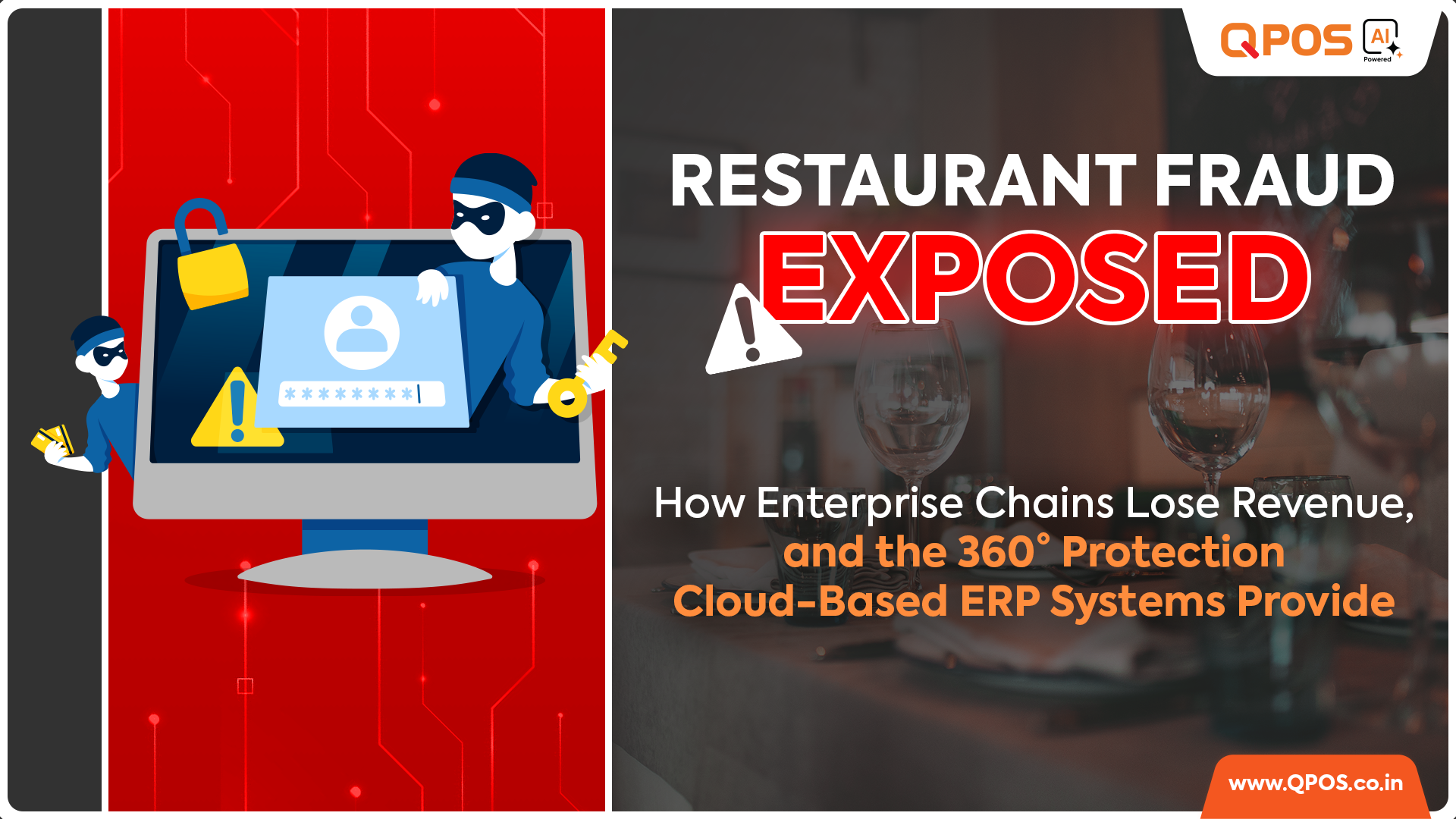
Restaurant Fraud Exposed: How Enterprise Chains Lose Revenue, and the 360° Protection Cloud-Based ERP Systems Provide
As a long-standing POS solution partner, Team QPOS is aware of the wafer-thin margins the F&B sector functions on. Given the scenario, suffering from fraud can be the silent killer of a business in the sector.
Restaurant fraud prevention becomes even more urgent for enterprise restaurants as business owners can’t control ongoing fraud across locations, while the loss amount piles on.
Setting the Scene
A 2020 EY study, named EY Loss Prevention Services for Restaurants, Integrating Machine and Human Intelligence, mentioned that “even in the best of times”, fast-food restaurants see a profit margin of 2.4%. On the other hand, in casual, full-service, and fast-casual restaurants, the margin is about 6%.
Referencing articles by industry experts, published over the years, the study aimed to paint a global picture of the restaurant industry worldwide, while underscoring the massive holes fraud has been punching in the already meagre profits.
A shocking example cited in the report was that 75% of inventory loss is caused by employee theft; the revenue leakage amounts to about 4% of sales.
So, what can food outlets do to prevent such losses? Let’s look at the 7 key frauds prevalent across restaurants and discuss how they can be minimised, if not entirely prevented!
Mitigating Employee Theft: Discover A Key Step in Restaurant Fraud Prevention
Robust ERP (also known as comprehensive restaurant management systems) such as QPOS ensure better digitisation via improved hardware-software integration, making audits easier. When audits are conducted frequently, scrutinising every transaction, adjustment, or override, employee accountability may increase. Also, if the software is cloud-native, centralised reporting is instant, leaving minimal room for manipulation.
Audits and digitisation through cloud-based restaurant ERP can be enhanced if combined with the force of CCTV cameras. The cloud-based platform also aids centrally managed data encryption and backup, potentially reducing instances of dishonest alterations.
On a different note, industry-specific restaurant POS-integrated ERPs, including QPOS, also ensure role-based access, limiting the scope of accounting manipulation by the staff. QPOS’s AI-powered Analytics abilities can be leveraged to identify outlier transactions.
How Do Restaurant ERPs Prevent Internal Theft in Restaurants?
Indirectly, better inventory management also saves cost on spoiled or stolen inventory. Hence, the capital saved on lost inventory can be used to hire more employees, to enhance the restaurant’s ambience, etc.
A key advantage of hiring more staff is that customer needs can be met more promptly than was possible previously. Swiftness in service is as crucial for customer experience as is the service quality. A Deloitte report named Serving Up a Great Restaurant Customer Experience further explains that 79% of diners surveyed said they planned to return to the restaurant if the staff was quick to resolve their concerns. The study also found that ambience quality contributes to a strong, as the report calls it, “Delight Me” factor. This factor is an important driver of customer service for about 43% of the customers studied. Furthermore, QPOS also supports staff schedule management, empowering business owners to leverage their human resources optimally.
Safeguarding Supplier and Vendor Scams Using Cloud-Based Restaurant ERP
Other than raising invoices for undelivered items or dishonest pricing, vendors can also partner with employees to overcharge. Here, cloud ERPs such as QPOS with OCR capabilities, if complemented by POS scales and CCTV cameras, can automate inventory control.
Yet Another Restaurant Fraud Prevention Measure: Payroll Manipulation
While the Washington University study quoted above informs that managers can curb fraud, what if the entire team has joined hands to siphon funds?
In such a case, segregating auditors and supervising audits may help. Using the Staff Management module of QPOS, auditors can verify real employees from ghost employees. While the Analytics module can track falsely claimed overtime pay by tracing outlier claims for frequent offenders.
How to Decrease Customer Payment Fraud with Cloud-Based Restaurant ERP
Many customers use counterfeit bills or checks, use stolen credit cards, or falsely claim chargebacks. When employees report such instances, or audits flag discrepancies, investigations can be initiated.
The audits can be facilitated by restaurant management system modules such as the Analytics module of QPOS restaurant POS and ERP.
Loyalty program abuse, as it reduces the payable amount, also features under payment fraud. Compromised accounts, used via identity theft, or multiple loyalty accounts linked to the same credit or debit cards, to get new-customer deals, are rather common.
Robust cloud-based restaurant ERPs, like QPOS, can be integrated with CRM systems, allowing multiple-account abuse detection. Also, loyalty point redemptions can be audited using QPOS.
Parting Note
Restaurant fraud prevention can be challenging, particularly for enterprise restaurants, but powerful Cloud-based ERP systems, like that of QPOS, are likely to reduce theft-induced revenue leakage, helping you stay profitable and plan expansions.
Curious to know more? Contact us today, and an executive will walk you through the key features of QPOS as soon as possible!


